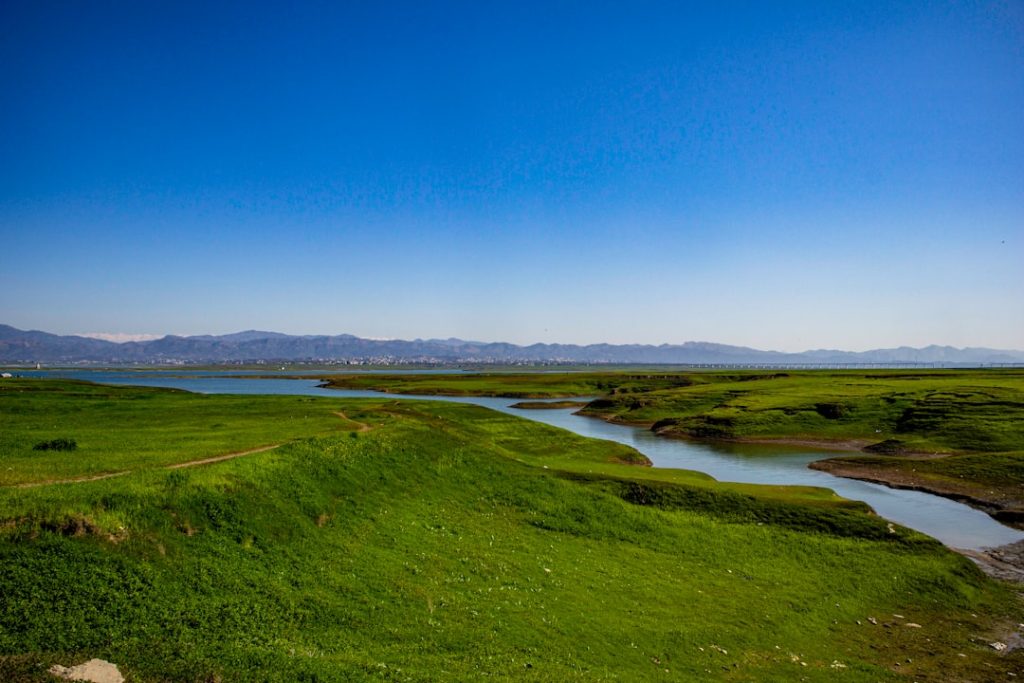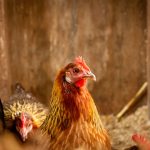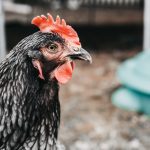Chickens are highly susceptible to heat stress, and it’s important for poultry farmers to understand the impact of heat on their flock. When temperatures rise, chickens can experience a range of negative effects, including decreased egg production, reduced feed intake, and even mortality. Heat stress can also lead to increased water consumption, which can further strain the birds’ health and well-being.
Additionally, high temperatures can cause chickens to exhibit signs of distress, such as panting, wing spreading, and lethargy. It’s crucial for farmers to recognize these signs and take proactive measures to mitigate the impact of heat on their chickens. Furthermore, heat stress can have long-term effects on the overall health and productivity of a chicken flock.
Prolonged exposure to high temperatures can weaken the birds’ immune systems, making them more susceptible to diseases and infections. This can result in increased mortality rates and decreased overall productivity. In addition, heat stress can also impact the quality of eggs produced by the hens, leading to lower hatchability rates and reduced profitability for the farmer.
Understanding the impact of heat on chickens is essential for implementing effective strategies to protect the flock and maintain their health and productivity during periods of hot weather.
Table of Contents
- 1 Providing adequate shade and shelter
- 2 Ensuring proper ventilation in the coop
- 3 Offering cool treats and fresh water
- 4 Implementing a dust bathing area
- 5 Adjusting feeding and watering schedules
- 6 Monitoring chicken behavior and health
- 7 FAQs
- 7.1 What are some ways to keep backyard chickens cool in summer?
- 7.2 How important is shade for backyard chickens in the summer?
- 7.3 What are some signs of heat stress in chickens?
- 7.4 Is it necessary to provide cool water for chickens in the summer?
- 7.5 Are there specific breeds of chickens that are better suited for hot climates?
Key Takeaways
- Heat stress can significantly impact chickens, leading to decreased egg production, poor growth, and even death.
- Providing adequate shade and shelter is crucial to protect chickens from direct sunlight and overheating.
- Proper ventilation in the coop is essential to maintain a comfortable and healthy environment for chickens during hot weather.
- Offering cool treats and fresh water can help chickens stay hydrated and regulate their body temperature.
- Implementing a dust bathing area allows chickens to naturally cool down and maintain good hygiene during hot weather.
- Adjusting feeding and watering schedules to cooler times of the day can help prevent heat stress in chickens.
- Regularly monitoring chicken behavior and health is important to identify any signs of heat stress and take necessary action.
Providing adequate shade and shelter
Keeping the Coop Cool
One of the most important steps in protecting chickens from the negative effects of heat is to provide them with adequate shade and shelter. This can be achieved by ensuring that the chicken coop is well-ventilated and equipped with proper insulation to keep the interior cool.
Outdoor Shade Structures
Additionally, farmers should consider providing outdoor shade structures, such as awnings or trees, to give the chickens a place to escape from direct sunlight during the hottest parts of the day. It’s also important to monitor the positioning of the coop and outdoor areas to ensure that they receive adequate shade throughout the day as the sun moves across the sky.
Access to Cool Water
In addition to shade, it’s crucial to provide chickens with access to cool, clean water at all times. This can help them regulate their body temperature and stay hydrated during periods of high heat.
Additional Cooling Measures
Farmers should consider installing misting systems or sprinklers in the outdoor areas to provide additional cooling for the chickens. By providing adequate shade and shelter, as well as access to cool water, farmers can help their chickens stay comfortable and healthy during hot weather.
Ensuring proper ventilation in the coop
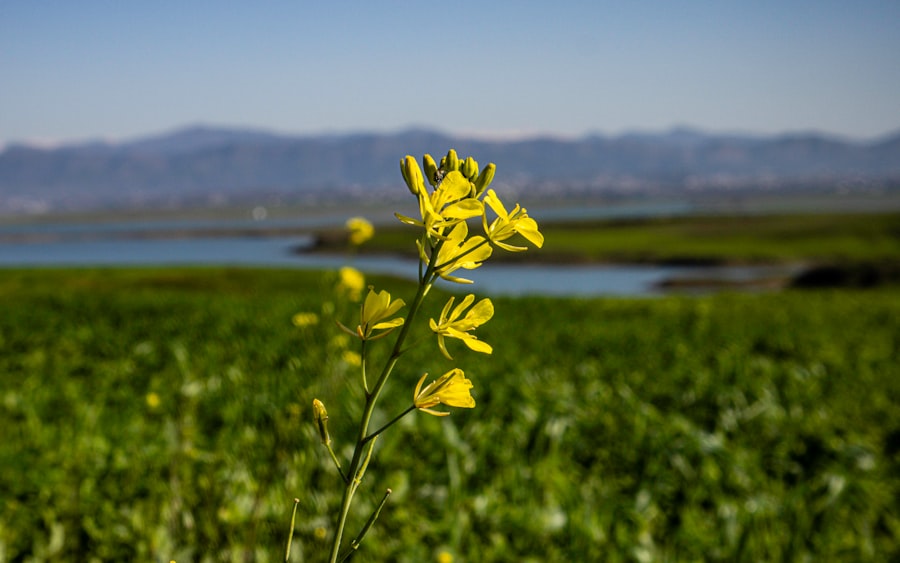
Proper ventilation is essential for maintaining a healthy environment for chickens, especially during periods of high heat. Inadequate ventilation can lead to a buildup of heat and humidity inside the coop, which can exacerbate the negative effects of hot weather on the birds. To ensure proper ventilation, farmers should consider installing windows, vents, and fans in the coop to promote air circulation and reduce heat buildup.
It’s important to monitor the airflow inside the coop and make adjustments as needed to maintain a comfortable environment for the chickens. In addition to promoting air circulation, proper ventilation can also help reduce the buildup of ammonia and other harmful gases inside the coop. This can improve air quality and reduce the risk of respiratory issues and other health problems in the flock.
By ensuring proper ventilation in the coop, farmers can help their chickens stay comfortable and healthy during periods of high heat.
Offering cool treats and fresh water
In addition to providing shade and shelter, farmers can help their chickens stay cool during hot weather by offering them cool treats and fresh water. This can include giving the birds access to frozen fruits or vegetables, such as watermelon or cucumbers, which can provide a refreshing source of hydration and help lower their body temperature. Farmers can also consider providing frozen treats, such as ice blocks or frozen mealworms, which can give the chickens a fun and cooling snack during hot weather.
Furthermore, it’s crucial to ensure that chickens have access to fresh, clean water at all times. This can help them stay hydrated and regulate their body temperature during periods of high heat. Farmers should regularly check water sources to ensure that they are clean and free from contaminants, and consider providing additional water sources or larger containers to accommodate increased water consumption during hot weather.
By offering cool treats and fresh water, farmers can help their chickens stay comfortable and healthy during periods of high heat.
Implementing a dust bathing area
Dust bathing is an important behavior for chickens, as it helps them maintain healthy skin and feathers by removing excess oils and parasites. During hot weather, chickens may increase their dust bathing behavior as a way to cool off and regulate their body temperature. To support this natural behavior, farmers should consider implementing a designated dust bathing area in the outdoor space for their chickens.
This can be achieved by providing a shallow container filled with fine sand or dust that the birds can use for bathing. In addition to promoting healthy behavior, a dust bathing area can also provide a cooling effect for chickens during hot weather. As they bathe in the dust, it can help them lower their body temperature and stay comfortable in high temperatures.
Farmers should ensure that the dust bathing area is located in a shaded area to prevent overheating, and regularly replenish the sand or dust as needed to keep it clean and suitable for the chickens’ use. By implementing a dust bathing area, farmers can support their chickens’ natural behaviors and help them stay cool during hot weather.
Adjusting feeding and watering schedules
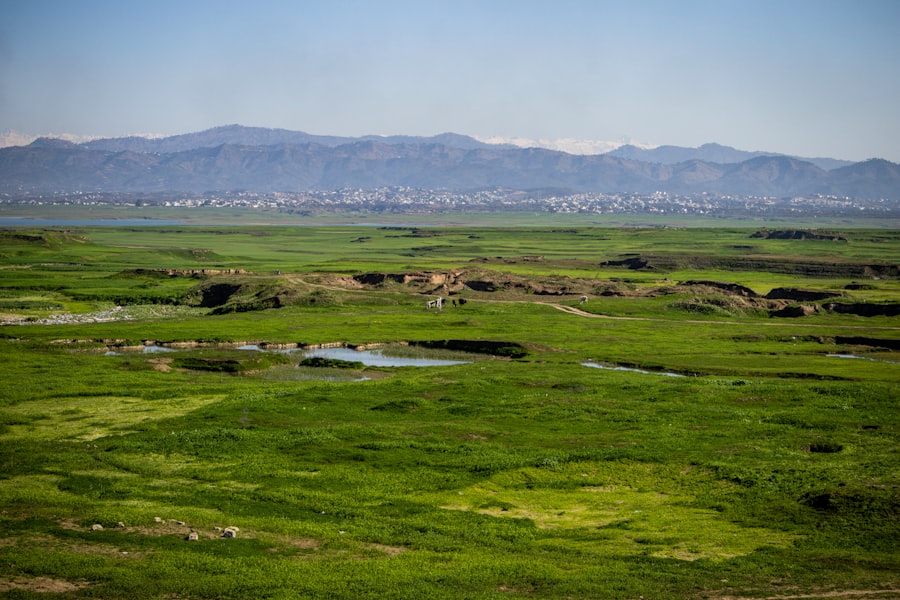
Adjusting Feeding Schedules
High temperatures can lead to decreased feed intake in chickens, as they may be less inclined to eat during hot weather. To address this, farmers should consider offering smaller, more frequent meals throughout the day to encourage consistent feed intake. This can help ensure that the birds are receiving adequate nutrition despite reduced appetite during hot weather.
Monitoring Water Consumption
In addition to adjusting feeding schedules, farmers should also pay close attention to their chickens’ water consumption during periods of high heat. Chickens may drink more water than usual in an effort to stay hydrated and regulate their body temperature. It’s essential for farmers to regularly check water sources and refill them as needed to ensure that the birds have access to clean, fresh water at all times.
Maintaining Chicken Health and Comfort
By adjusting feeding and watering schedules, farmers can help their chickens stay healthy and comfortable during periods of high heat. This proactive approach can make a significant difference in the overall well-being of the flock, ensuring that they continue to thrive even in challenging weather conditions.
Monitoring chicken behavior and health
Finally, it’s crucial for farmers to closely monitor their chickens’ behavior and health during periods of high heat. This includes observing their activity levels, breathing patterns, and overall demeanor for signs of distress or discomfort. Farmers should also pay attention to any changes in egg production or quality, as well as any signs of illness or injury in the flock.
By staying vigilant and proactive in monitoring their chickens’ behavior and health, farmers can quickly identify any issues related to heat stress and take appropriate measures to address them. In addition to visual monitoring, farmers should also consider using tools such as thermometers or humidity gauges to track environmental conditions inside the coop and outdoor areas. This can help them identify potential areas of concern related to heat buildup or poor ventilation, and make necessary adjustments to improve the overall comfort and well-being of the flock.
By monitoring chicken behavior and health, farmers can proactively address any issues related to heat stress and ensure that their flock remains healthy and productive during periods of high heat.
If you’re looking for ways to keep your backyard chickens cool in the summer, you may want to check out this article on large chicken coop ideas from Poultry Wizard. A well-designed and spacious coop can provide better ventilation and shade for your chickens during the hot summer months, helping them stay comfortable and healthy.
FAQs
What are some ways to keep backyard chickens cool in summer?
Some ways to keep backyard chickens cool in summer include providing shade, ensuring proper ventilation in the coop, offering cool water and frozen treats, and using misters or fans to lower the temperature.
How important is shade for backyard chickens in the summer?
Shade is crucial for backyard chickens in the summer as it helps them avoid overheating and reduces the risk of heat stress. Providing ample shade in the form of trees, shrubs, or a covered area can help keep chickens cool.
What are some signs of heat stress in chickens?
Signs of heat stress in chickens include panting, lethargy, reduced egg production, pale combs and wattles, and in severe cases, collapse. It’s important to take immediate action if you notice these signs in your chickens.
Is it necessary to provide cool water for chickens in the summer?
Yes, it is essential to provide cool, fresh water for chickens in the summer to help them stay hydrated and regulate their body temperature. Adding ice or frozen treats to the water can also help keep it cool.
Are there specific breeds of chickens that are better suited for hot climates?
Yes, some chicken breeds are more heat-tolerant than others. Breeds such as Leghorns, Rhode Island Reds, and Sussex are known for their ability to handle hot climates better than breeds with heavier feathering.
Meet Walter, the feathered-friend fanatic of Florida! Nestled in the sunshine state, Walter struts through life with his feathered companions, clucking his way to happiness. With a coop that’s fancier than a five-star hotel, he’s the Don Juan of the chicken world. When he’s not teaching his hens to do the cha-cha, you’ll find him in a heated debate with his prized rooster, Sir Clucks-a-Lot. Walter’s poultry passion is no yolk; he’s the sunny-side-up guy you never knew you needed in your flock of friends!

